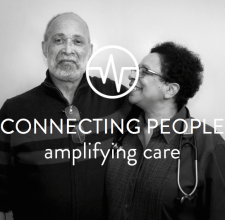Empowering patients to make good medical decisions isn’t always easy. In a world where most people are happy with their doctors if there are plenty of parking spaces and they don’t have to wait in the waiting room too long, how do you convince patients there is a bigger picture? Patients can be happy with their doctor one minute and dead the next minute- bedside manner and parking spaces aren’t necessarily the best indicator of health outcomes.
This is where data comes in. Health insurance companies have been collecting data on doctors, procedures, and hospitals for decades. Now those mountains of data are being analyzed in a way that paints a picture of health outcomes. We now know that a doctor who is good at knee replacement surgery may not necessarily be good at hip replacement surgery. We also now know that a hospital that has a great reputation for heart transplants may not have such a great reputation for hand transplants. It’s important to steer patients to the available data in order to maximize health outcomes. It’s equally important to make sure they understand subjective ratings like Google and Yelp! are not necessarily the best way to choose a doctor. Learn more about the latest in empirical doctor scoring from this infographic!







